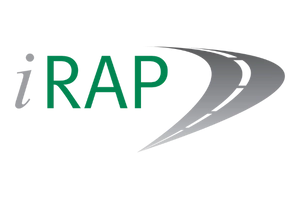The International Road Assessment Programme (iRAP) is a globally recognized registered charity focused on saving lives by eliminating high-risk roads worldwide. Established as a nonprofit entity, iRAP operates with a mission to achieve a world free of high-risk roads by providing an evidence-based approach to road infrastructure safety. The organization collaborates with governments, road authorities, mobility clubs, development banks, NGOs, research institutions, and private sector road owners and operators in over 130 countries, impacting more than 1.9 million kilometers of roads.
iRAP’s core activities include inspecting high-risk roads, developing road safety metrics such as Star Ratings, risk maps, and Safer Roads Investment Plans, and providing training and technology to build sustainable road safety capabilities at national, regional, and local levels. Their tools and methodologies—including the free-to-air iRAP software ViDA—are widely adopted globally, with more than 7,800 registered users and over 24 million kilometers of investment plan analyses processed. Road safety improvements guided by iRAP assessments have influenced over USD 111 billion in safer road investments worldwide.
The programme supports capacity building through training, having trained over 75,000 people and accredited hundreds of practitioners globally by the end of 2024. iRAP also contributes to policy influence; 86 global and national strategies now adopt iRAP metrics as key performance indicators to drive safer road infrastructure. Its work covers a comprehensive range of road safety improvements, including the installation of safety barriers, improved line markings, pedestrian crossings, and speed management.
Financially supported primarily by the FIA Foundation and other donors such as the Fundación Aleatica, and supported by partners including the European Commission and the World Bank Global Road Safety Facility, iRAP leverages multilateral cooperation to maximize impact. As a nonprofit, iRAP emphasizes transparency and public benefit, aligning with EU transparency standards where it is registered as an interest representative to influence EU policies on transport and infrastructure safety.
In summary, iRAP is a critical player in road safety globally, combining data-driven assessments, capacity building, partnership networks, and multibillion-dollar influence in safer road investments, with a clear commitment to saving lives and reducing road traffic injuries worldwide.


